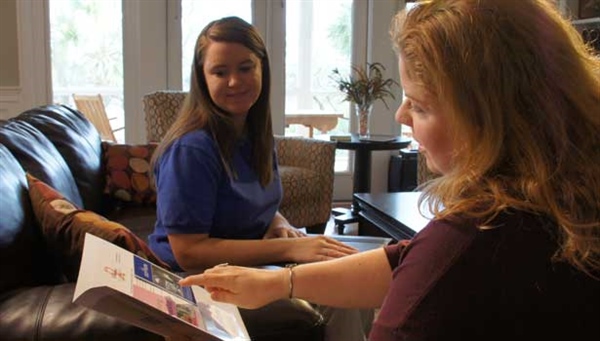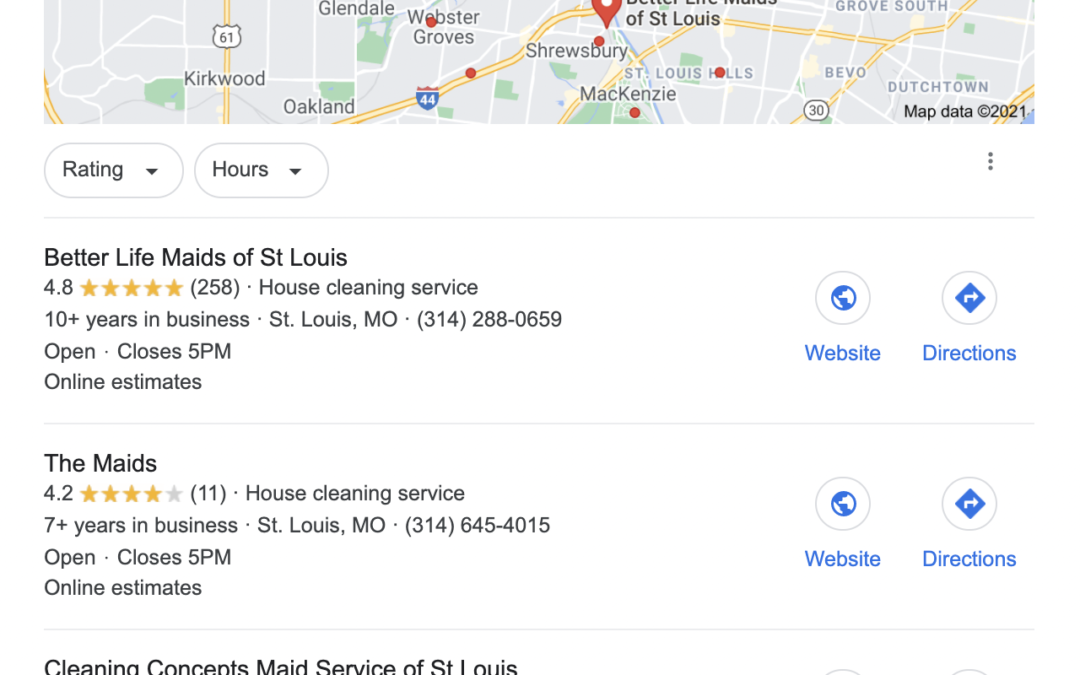Proper education upfront may possibly cost you a few sales, but it will save you and your client tons of frustration in the long run.
You have a new ongoing customer. You’re excited. You do two cleans, and the customer calls you up to cancel. You think you did a great job for her. What happened! She says you didn’t clean the shower; you know your team did. In fact, they spent extra time on it. You find out that she was particularly concerned about the mold behind the caulking. Your team – and the last two companies she fired – were unable to reach the mold protected by the caulking.
How could this have played out differently? If the person doing the original walk-thru had explained to her that the mold was hiding behind the caulk and was protected by the caulk from any cleaning agents that were applied, the situation could have played out differently. Either she would have not hired you for a job you would have failed at, or she would have hired you with the understanding that that particular problem would require more than cleaning. Either way would have resulted in a better outcome.
Reasonable Expectations
A great deal of customer satisfaction depends on what expectations were set going into the work. I know the head of a very successful carpet cleaning company who, when asked by a customer if he could get a spot out, would say, “One of three things will happen. Either it will look better, it will look worse, or it will look the same. But if anyone can get it out, we can.” If pushed, he would just repeat what he had said before. In many cases things that customers have done to their furnishings may not be able to be fixed by cleaning, or at least not by normal cleaning.
You are the expert. You have taken the IICRC certification classes and understand the cleaning agents, what they can and can’t do, and how they affect different surfaces. As the expert and service provider, it is your responsibility to educate the customer. Before starting a job, you or your representative should (either on a walk or at the onset of the job) go over the home with the customer, find out any special concerns and address the reasonable expectations for resolving them. For instance, urine spots on a marble bathroom floor are etched into the marble and will not come out with cleaning.
Your Roles as Educator
Remember this important concept: What you tell a customer ahead of time is education. What you tell them afterwards is an excuse.
When things don’t work out as the customer expected, it is too late, in most cases, to try to educate her. Now it will seem that you are just trying to excuse your shoddy work. This applies to all aspects of the job. If Mrs. Jones expects her 5000 sq. ft. home to be spotless after purchasing 3 hours of cleaning, she is going to be disappointed. If she had a maid for 20 years who knew where everything went and kept her organized, she will wonder why your teams don’t do the same unless you and she reach an understanding ahead of time. Your ideal position is to have customers expecting slightly less than you can deliver. Whenever possible, under promise and over deliver.
More than a Cleaner
The goal is to become not just her cleaning service, but also her consultant. I have gone with clients to help them pick out flooring to help them decide what will hold up and can be maintained. Or maybe you will have to teach her how to care for her surfaces in between your visits; this can even be an opportunity to sell preferred cleaning supplies if you wish. Once you reach this point, and do it with the client’s best interest at heart, you don’t have to worry about the lower-priced start-ups out there.
The first step to building trust is to analyze the job, look for discrepancies between what the customer expects and reality. Educate her about what to expect and why, and then fulfill the expectation you have set. Proper education upfront may possibly cost you a few sales, but it will save you and your client tons of frustration in the long run.
Bruce Vance is a widely recognized expert. He runs Town & Country Cleaning, a million-dollar house cleaning company located in Chapel Hill, North Carolina, and is the leading IICRC-approved instructor for the only internationally-recognized third-party House Cleaning Technician certification.






